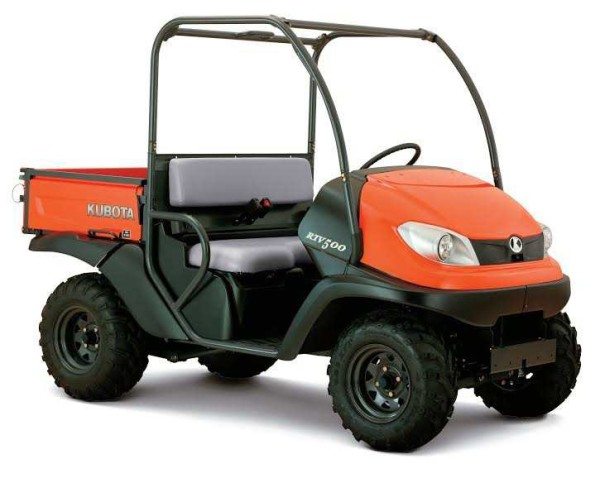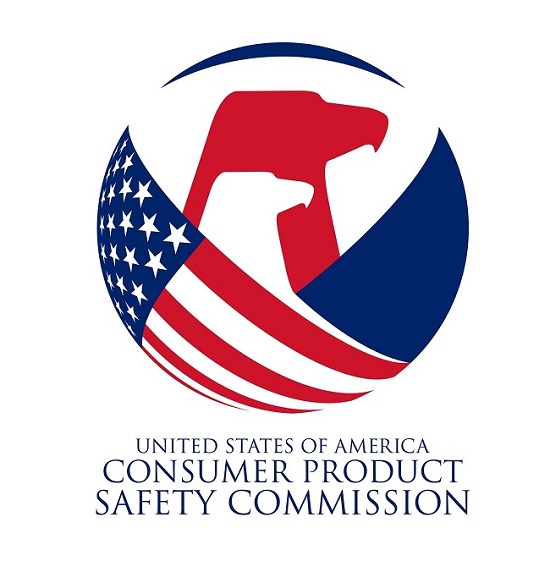CPSC withdraws ROV and UTV rulemakings, shifts focus to real-world hazards
The U.S. Consumer Product Safety Commission (CPSC) has withdrawn several long-pending rulemakings, including proposals that would have impacted recreational off-highway vehicles (ROVs) and utility task vehicles (UTVs). The move signals a major shift in the agency’s regulatory agenda, emphasizing hazards backed by science and data rather than rules seen as outdated or unnecessary.

Among the rules withdrawn are the Standard for Recreational Off-Highway Vehicles (74 Fed. Reg. 55495) and the Safety Standard for Debris Penetration Hazards (87 Fed. Reg. 43688)—both of which had drawn industry engagement over the years. The Outdoor Power Equipment Institute (OPEI) had worked closely with the agency on these topics, revising its voluntary B71.9 standard and submitting comments to ensure industry practices addressed identified risks without excessive regulatory burden.
Acting CPSC Chairman Peter Feldman said the Commission would no longer prioritize rules that fail to meaningfully advance safety.
“Regulations that promote unscientific agendas, impose unnecessary costs, and reduce competition are no longer agency priorities,” Feldman notes. “We will not squander limited resources on rules that diminish consumer choice or hand unfair market advantages to foreign competitors at the expense of American consumers and manufacturers.”
Dealer takeaway
For powersports dealers, the withdrawal of ROV and UTV rules removes a layer of regulatory uncertainty that has long loomed over the segment. With CPSC signaling a more practical, data-driven approach, voluntary industry standards and manufacturer-led safety efforts will remain the key tools for addressing risks while preserving consumer choice and keeping costs in check.
This flexibility enables OEMs to design, test, and refine vehicles that strike a balance between performance, safety, and customer demand — while maintaining competitive price points for both dealers and consumers.









